Former Energy Secretary Steven Chu Reveals Plan to Power Nation with Political Hot Air
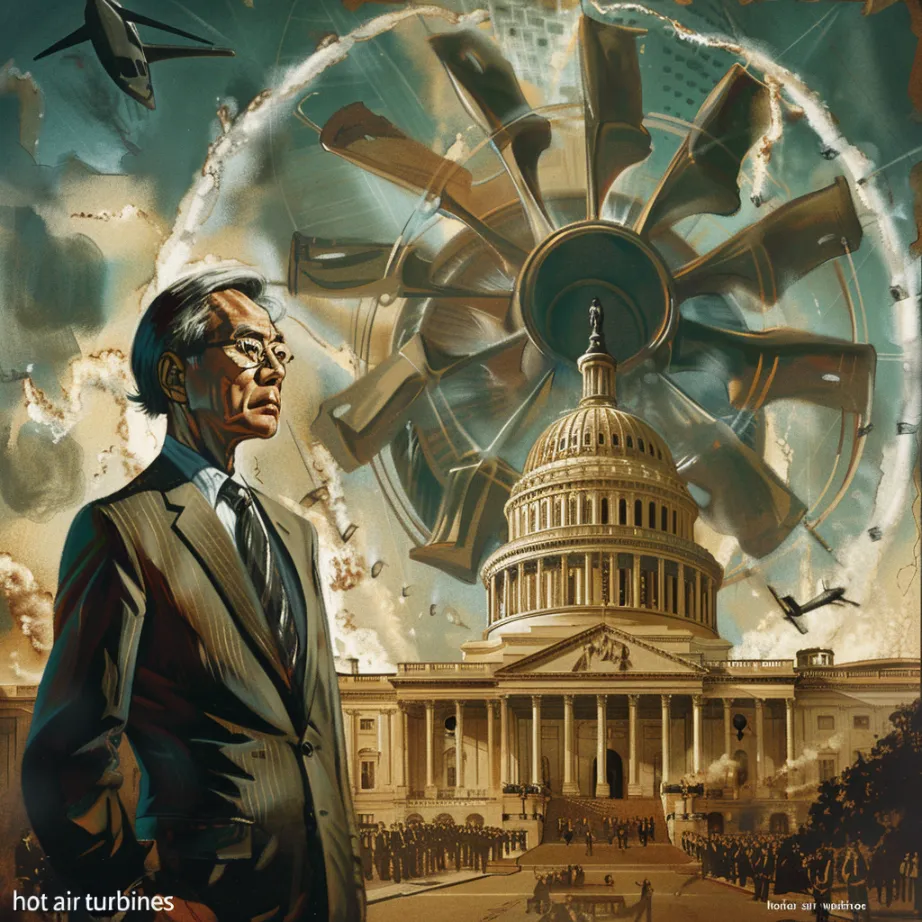
Former Energy Secretary Steven Chu Reveals Plan to Power Nation with Political Hot Air
In a surprising turn of events, former U.S. Secretary of Energy Steven Chu has unveiled an unconventional plan to solve the nation’s energy woes: harnessing the abundant supply of political hot air. The Nobel Prize-winning physicist believes that the endless stream of rhetoric and grandstanding from politicians could be the key to achieving energy independence.
Harnessing the Power of Political Bluster
Chu’s groundbreaking proposal involves the construction of massive “hot air turbines” near the nation’s capital, designed to capture the immense energy generated by political speeches, press conferences, and televised debates. “We’ve been sitting on a goldmine of renewable energy,” Chu remarked. “The sheer volume of empty promises and baseless claims emanating from Washington could power the entire country for decades.”

Bipartisan Support for Hot Air Initiative
In a rare display of unity, politicians from both sides of the aisle have embraced Chu’s plan, recognizing the potential to turn their own inefficiencies into a valuable resource. “It’s about time we put all this hot air to good use,” quipped one senator. “If we can’t agree on legislation, at least we can agree on the power of our own rhetoric.”
Challenges and Criticisms
Despite the enthusiasm surrounding the hot air initiative, some critics have raised concerns about the long-term sustainability of the project. “What happens when politicians actually start working together and making progress?” asked one skeptical environmentalist. “We could face a severe shortage of hot air, leaving the nation in the dark.”
Others have questioned the practicality of relying on politicians to provide a consistent supply of hot air. “Let’s face it,” said one political analyst, “there will be times when even the most long-winded legislators will need to pause for breath. We can’t afford to have the lights flicker every time there’s a moment of silence on the House floor.”
Undeterred by the criticisms, Steven Chu remains optimistic about the potential of his plan. “By tapping into the renewable resource of political hot air, we can not only power our homes and businesses but also shine a light on the inefficiencies of our political system.
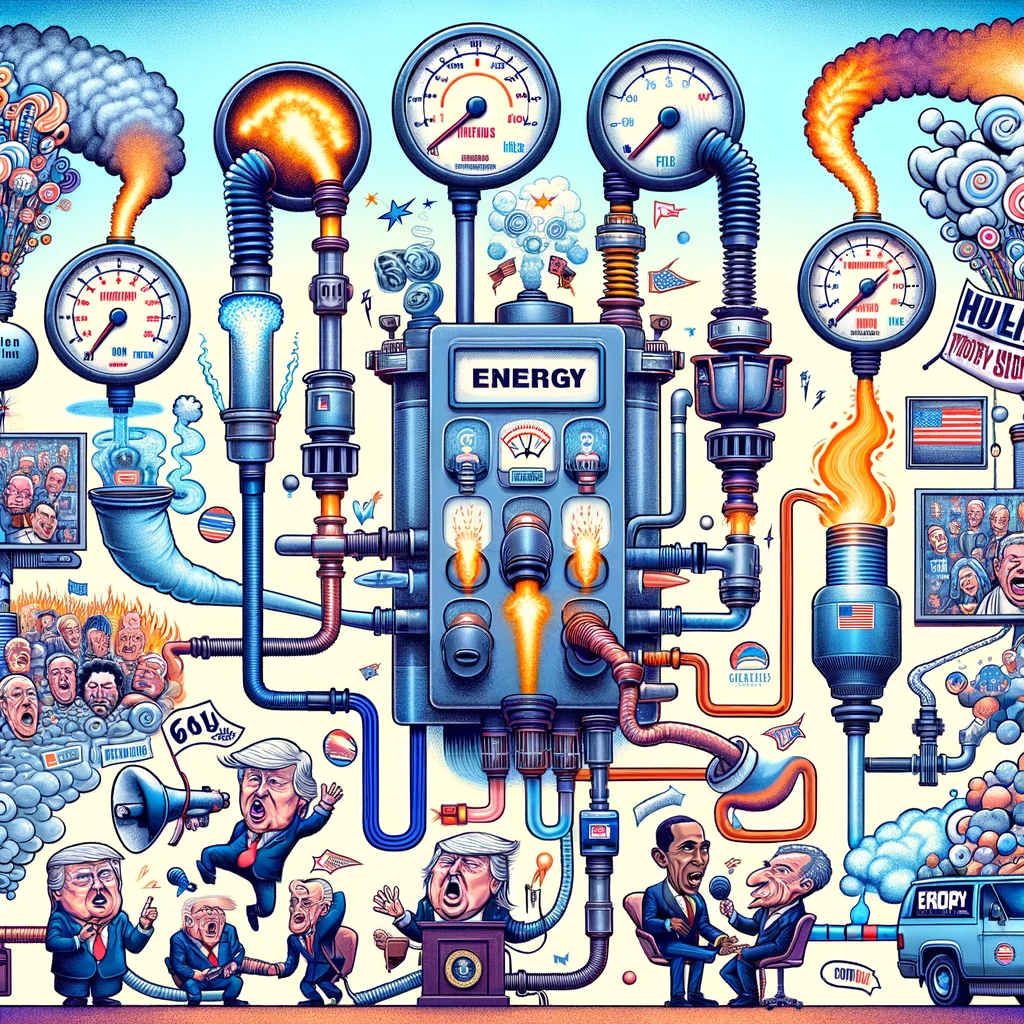
And it’s not expensive to implement, only $3 trillion, and the Senators I’ve lobbied but most definitely haven’t bribed have already agreed to vote in favor of the legislation. It’s a win-win situation.”

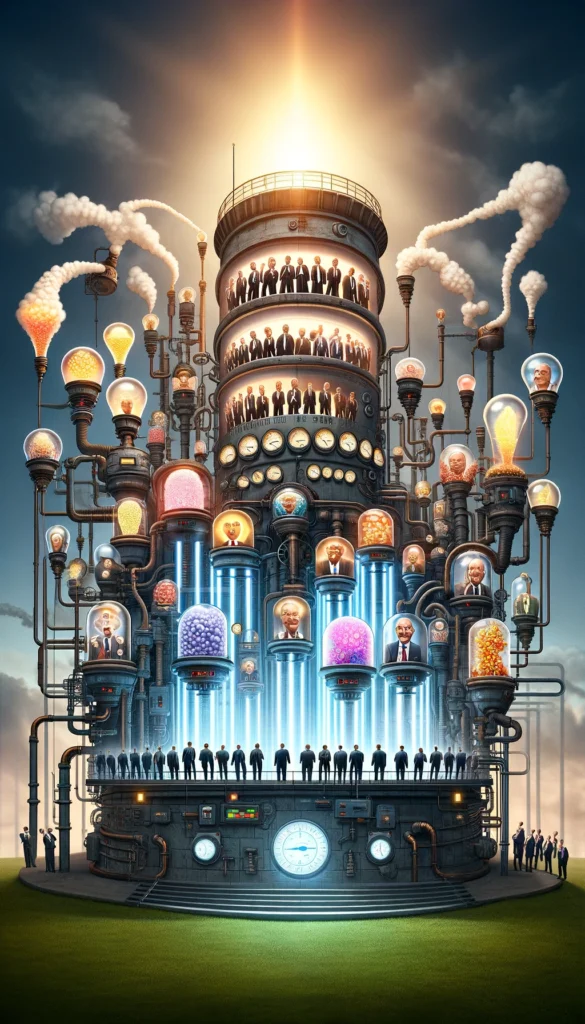

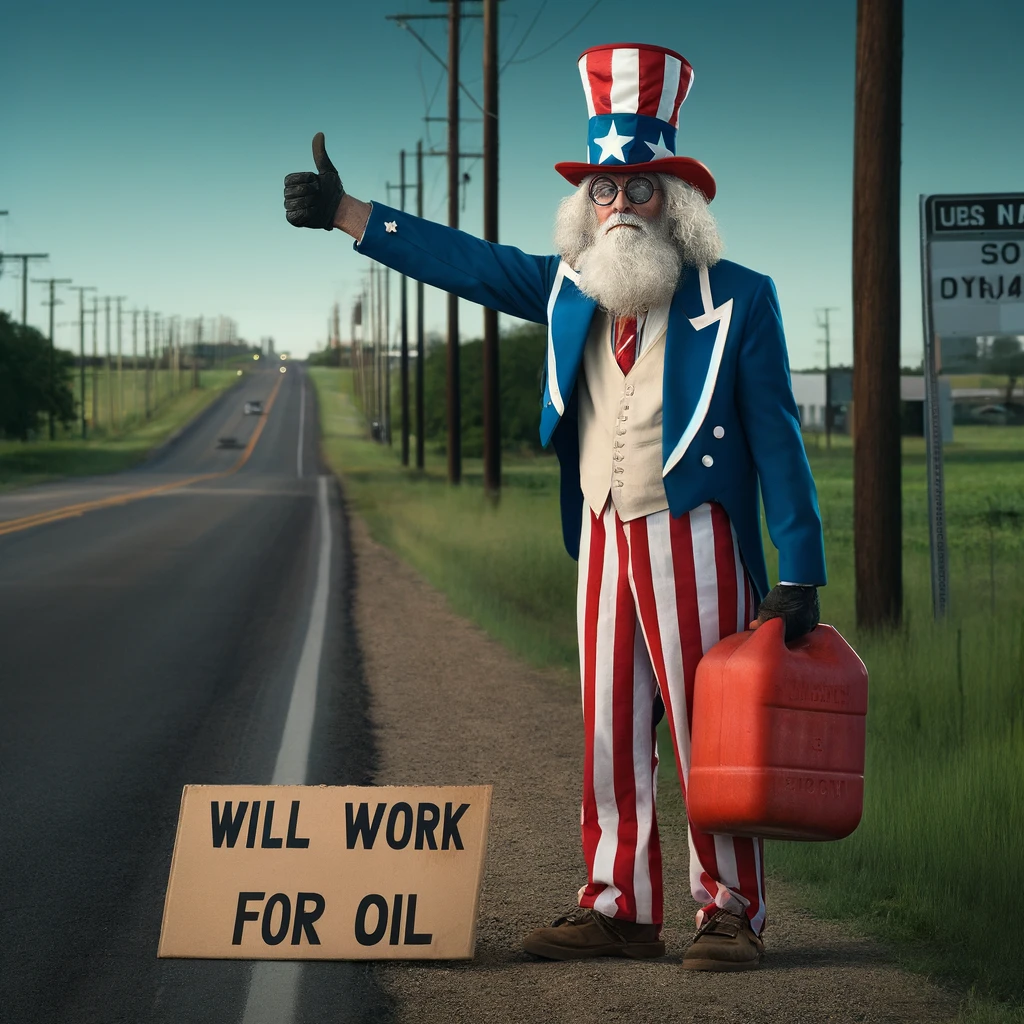
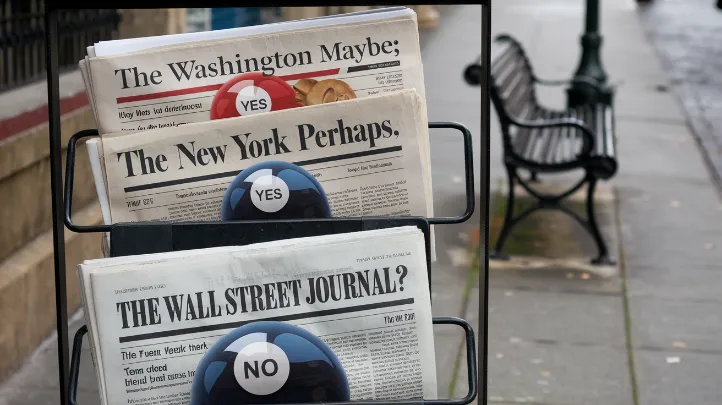

Responses